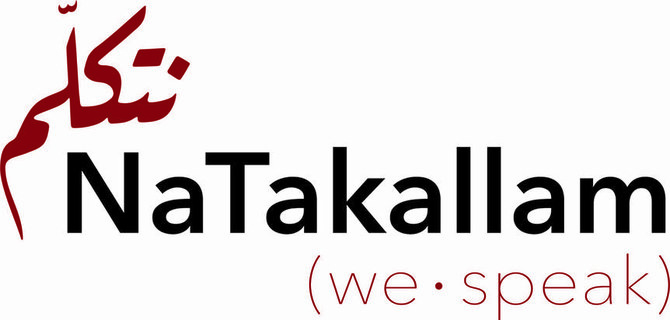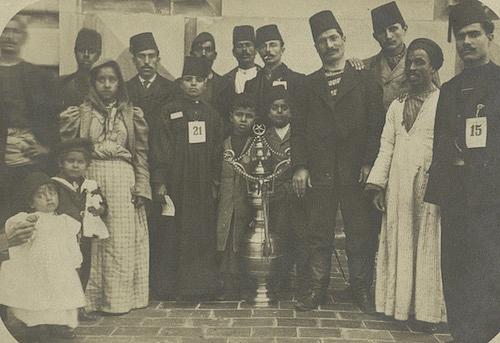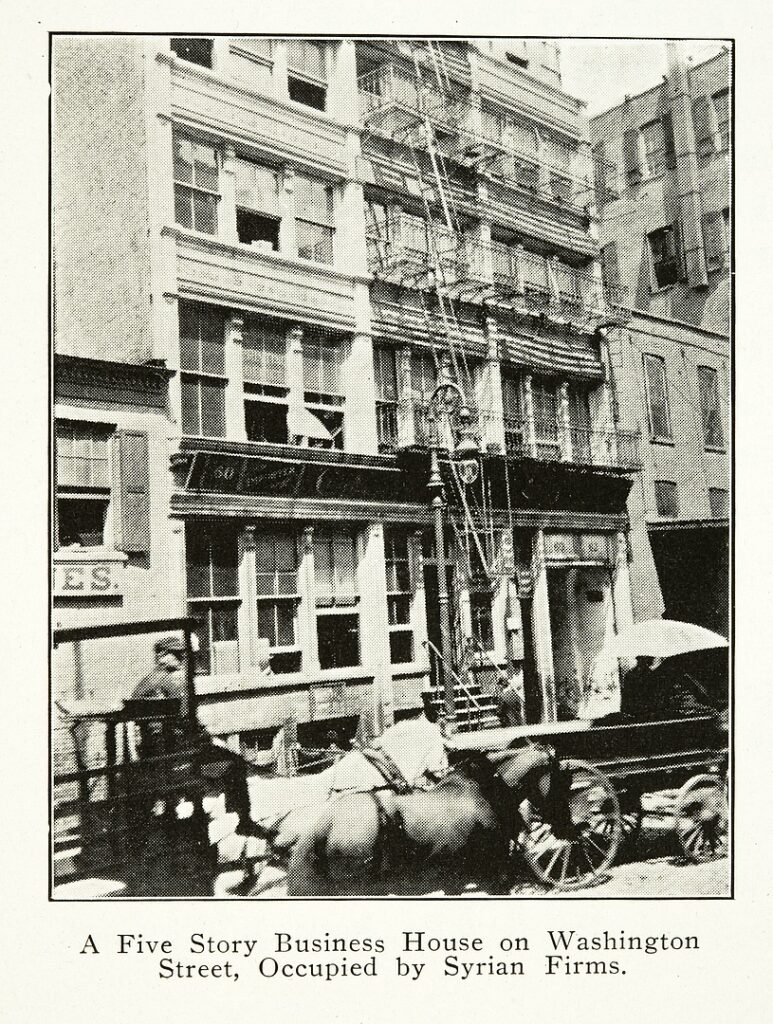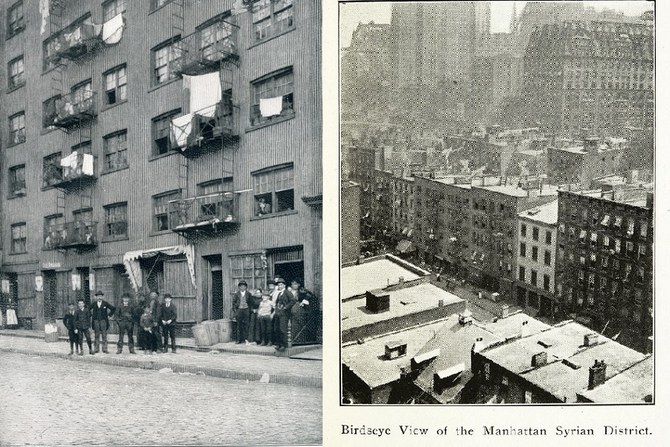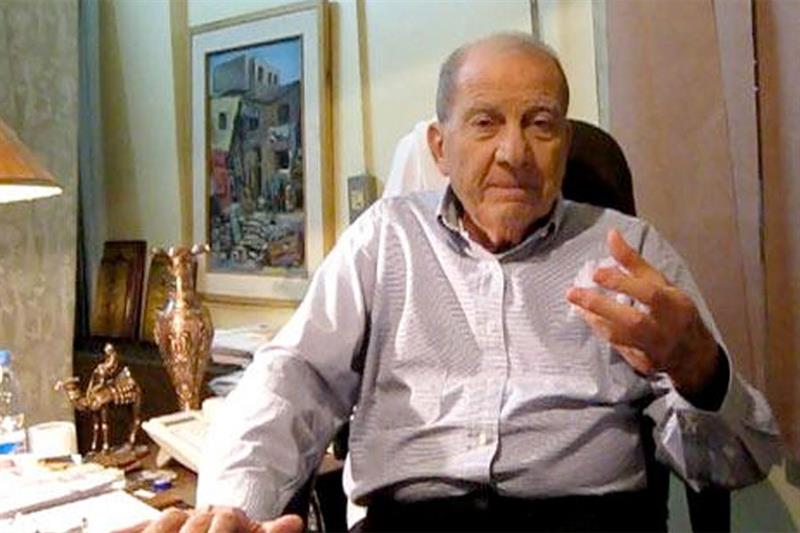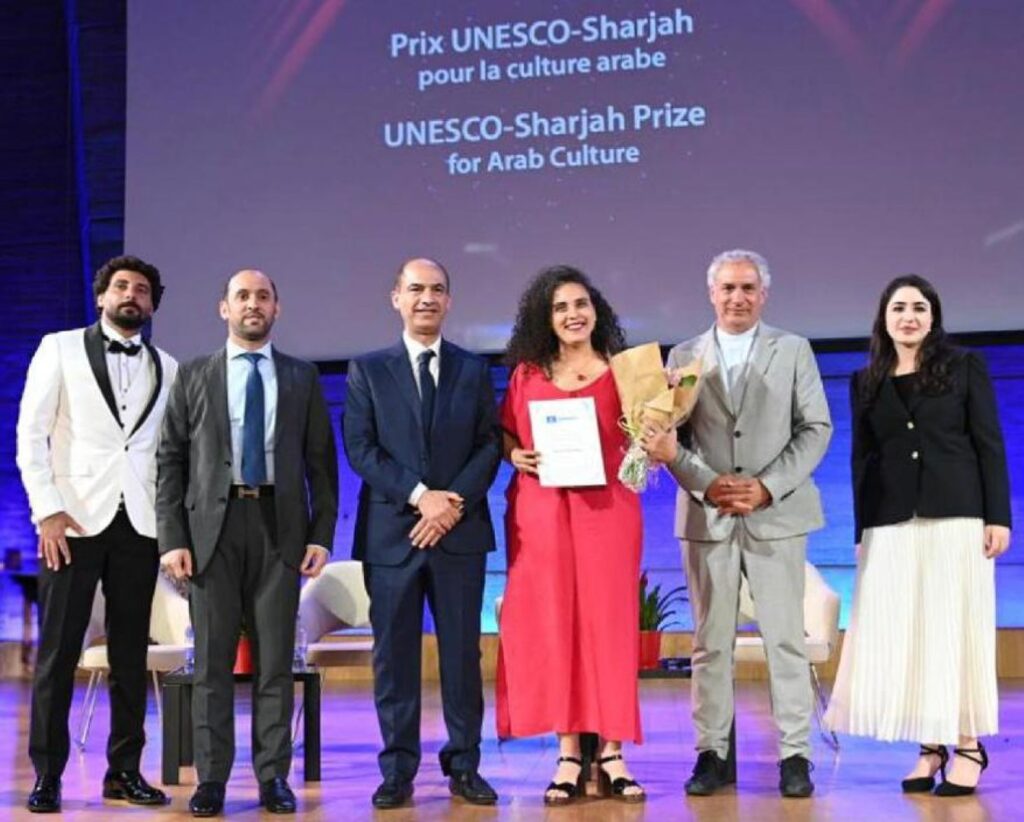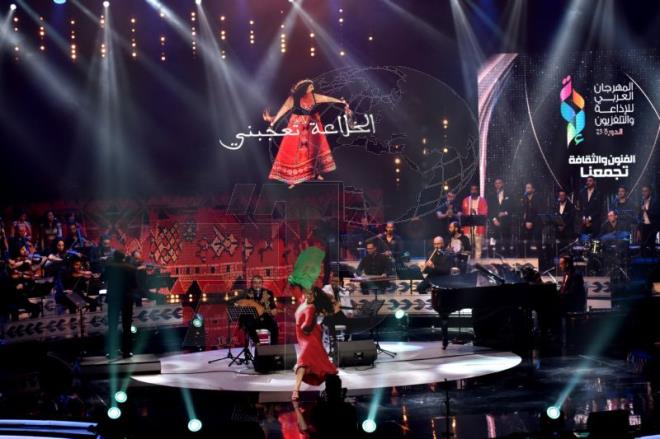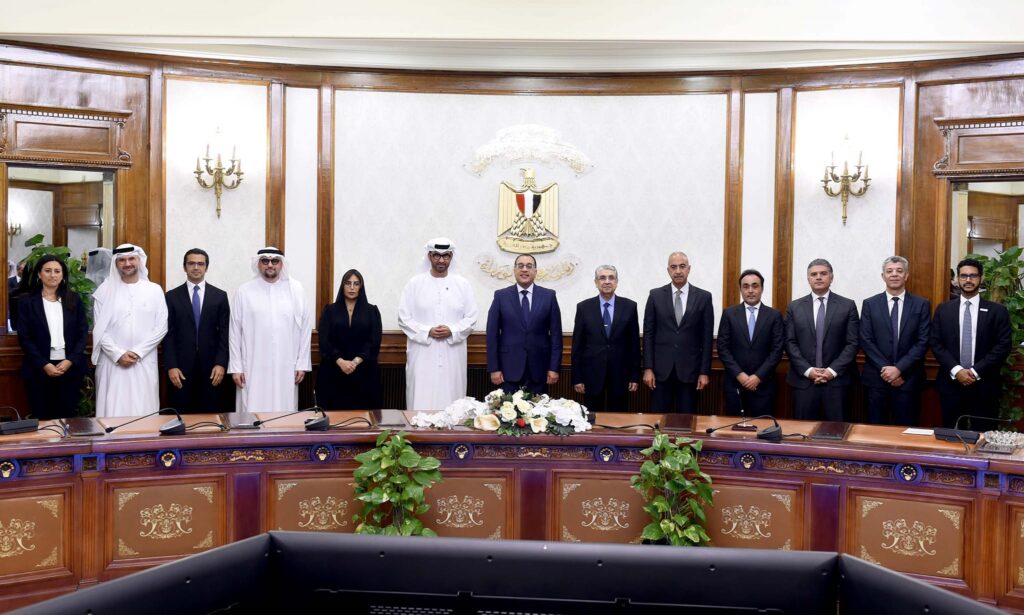Competition also had a new category this year for disabled pupils.
An Abu Dhabi pupil was crowned the winner of the UAE Arab Reading Challenge in Dubai on Friday.
Emirati schoolgirl Amna Al Mansouri, who read 128 books during the academic year, took top spot ahead of more than 500,000 pupils.
Sheikh Mohammed bin Rashid, Vice President and Ruler of Dubai, praised those who took part.
“Today, the UAE celebrated 514,000 students from state schools who participated in the Arab Reading Challenge – whose Arab and international participation reached 24.8 million students,” he said on Twitter.
“I congratulate Amna Mohammed Al Mansouri, and her family, for coming in first place. Amna read 128 books during the academic year.
“Two years ago, Amna lost the ability to walk, but that did not stop her. She soldiered ahead and sailed across the vast ocean of knowledge and literature. The challenge was the beginning of a life-changing experience.
“Today, Amna can walk once again, she has won the Reading Challenge and has authored two stories.
“She will represent the country in a few days at the International Physics Olympiad in Tokyo.”
Amna took the top prize ahead of Mohammed Al Hammadi and Iman Daoud.
The competition had a new category this year for disabled pupils. Emirati pupil, Ghareeb Al Yamahi, won first place, with Ghaya Zainallah coming in second place.
“I also congratulate the student Gharib Al Yamahi who won first place in the reading challenge in the category of people of determination,” Sheikh Mohammed said.
“Gharib is blind in sight but he is not a stranger in the path of achievement.
“Gharib read 130 books during the academic year in Braille. He is a writer of articles, a speaker and an inspiration to all of us. When a blind person reads 130 books, sighted people should review themselves.
“All the best to Gharib who, with his persistence and willpower, represents the saying that ‘nothing is impossible in the UAE’.”
The ceremony was attended by Sarah Al Amiri, Minister of State for Public Education and Advanced Technology.
Largest in the world
In May, Sheikh Mohammed said the annual Arab Reading Challenge had become the largest event of its kind in the world.
He said 24.8 million pupils from 46 countries had taken part in this year’s competition.
It was launched in 2015 to encourage a million young people to read at least 50 books in a year.
The challenge usually starts at the beginning of the academic year, around September, and continues until the end of the academic year.
The Arab Reading champion is selected based on the pupil’s ability to articulate general knowledge, critical thinking and communication skills, plus the diversity of books they have selected.
A Syrian schoolgirl who survived a deadly missile attack during the civil war in her country was crowned the Arab Reading Challenge Champion in November.
Sham Al Bakour, who was seven when she was named winner, was only six months old when her family’s car was struck during violence in Aleppo in December 2015.
Her father was killed while she and her mother survived the horrific attack.
She completed a remarkable journey from tragedy to triumph to win words of praise from Sheikh Mohammed.
The young literature lover read 70 books to win the competition.
When asked about what she would do with the Dh1 million ($270,000) prize money, she said she would give it to her mother.
source/content: thenationalnews.com (headline edited)
____________
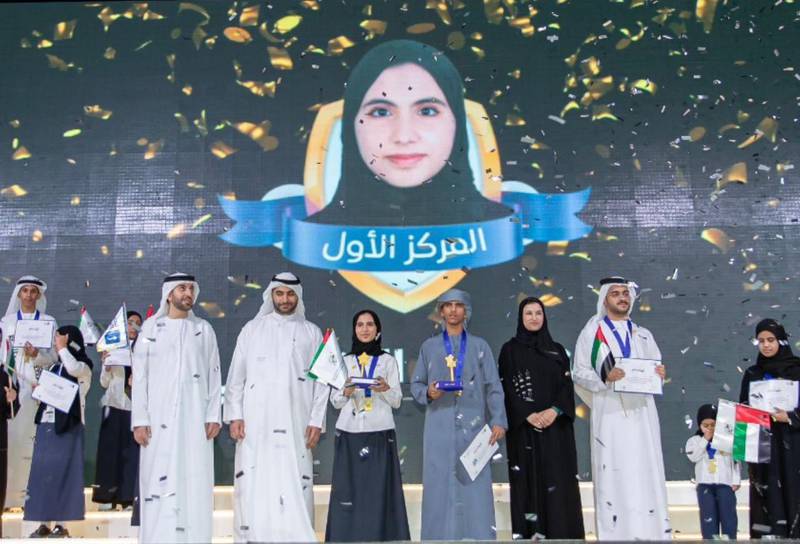
The UAE Arab Reading Challenge prize ceremony was held in Dubai.
____________________________________________________
ARAB WORLD / UNITED ARAB EMIRATES (U.A.E)

